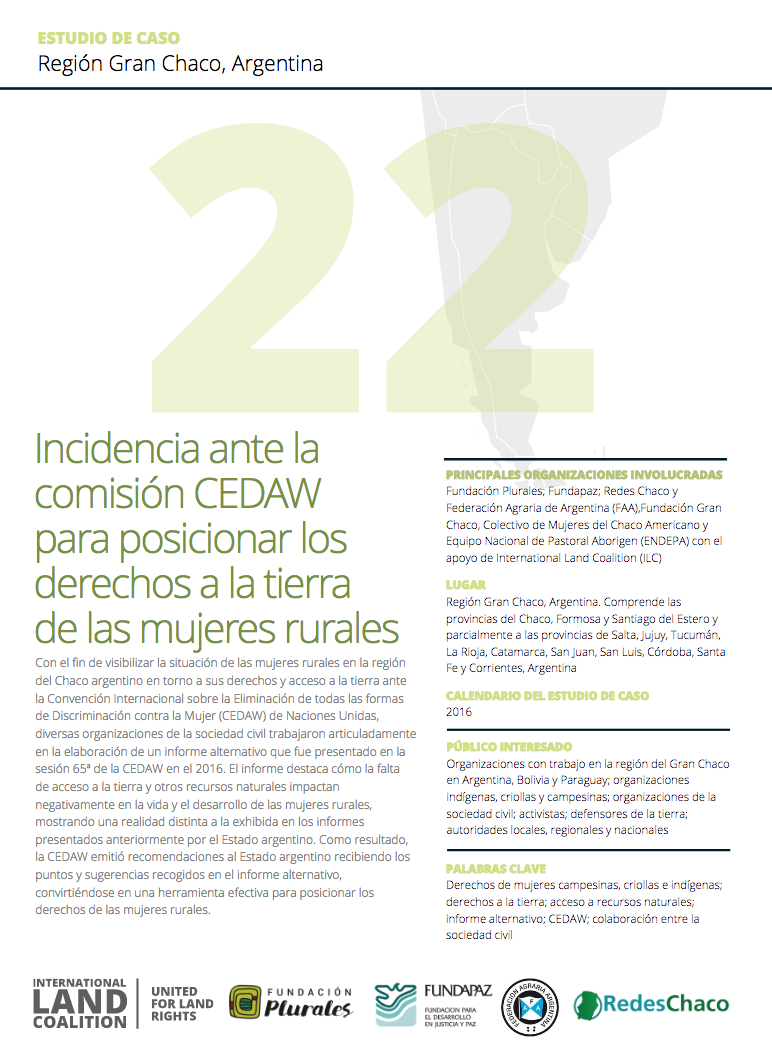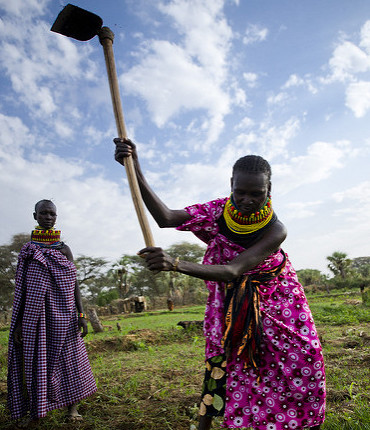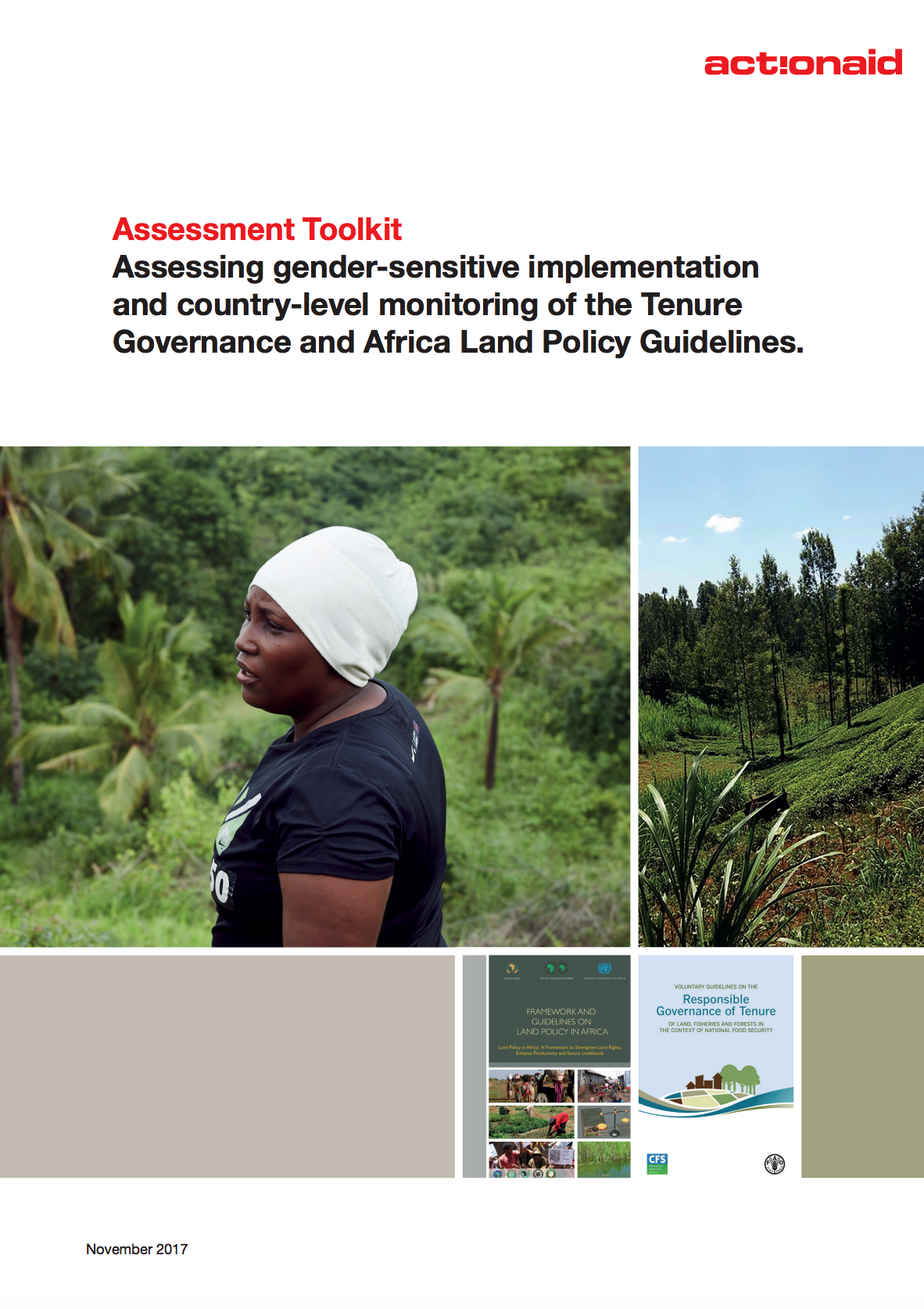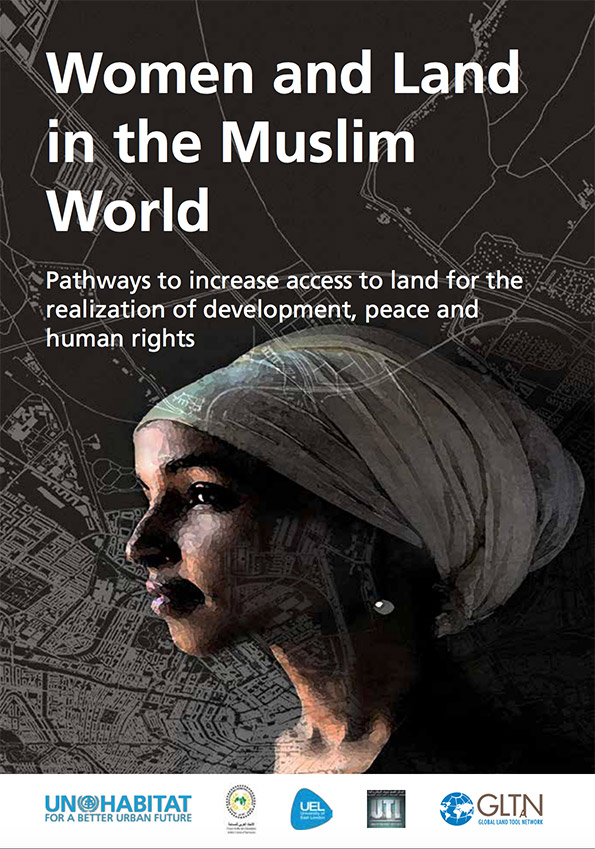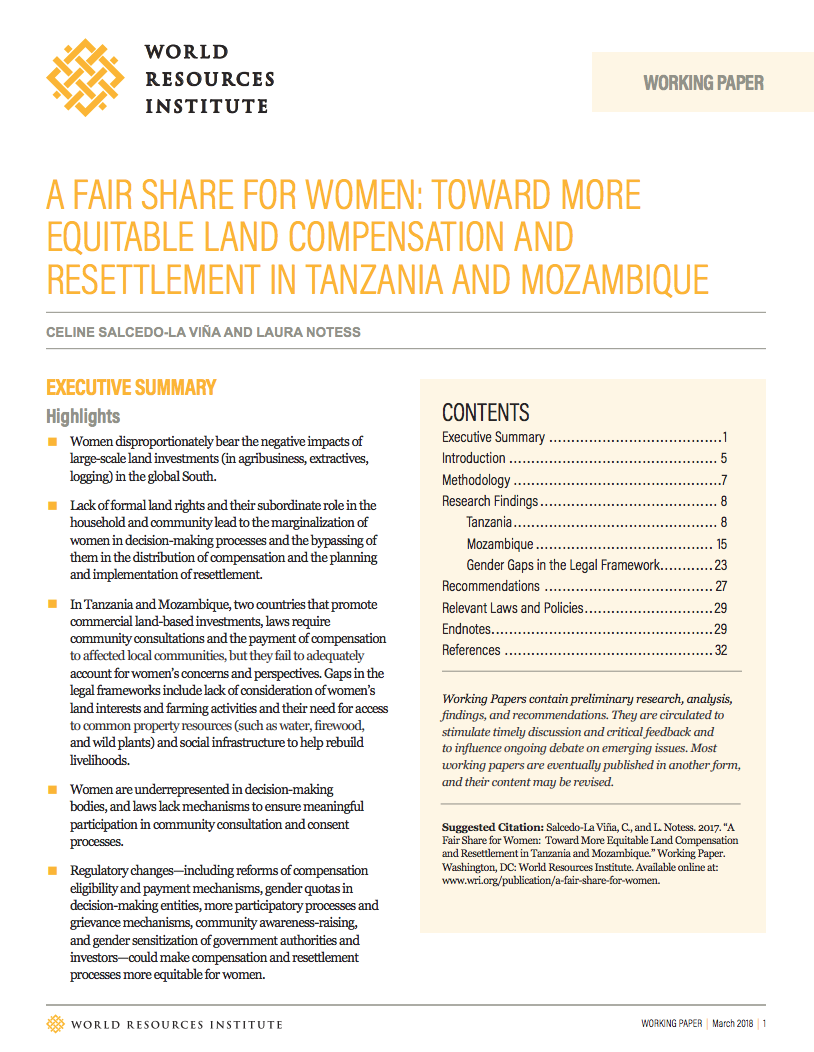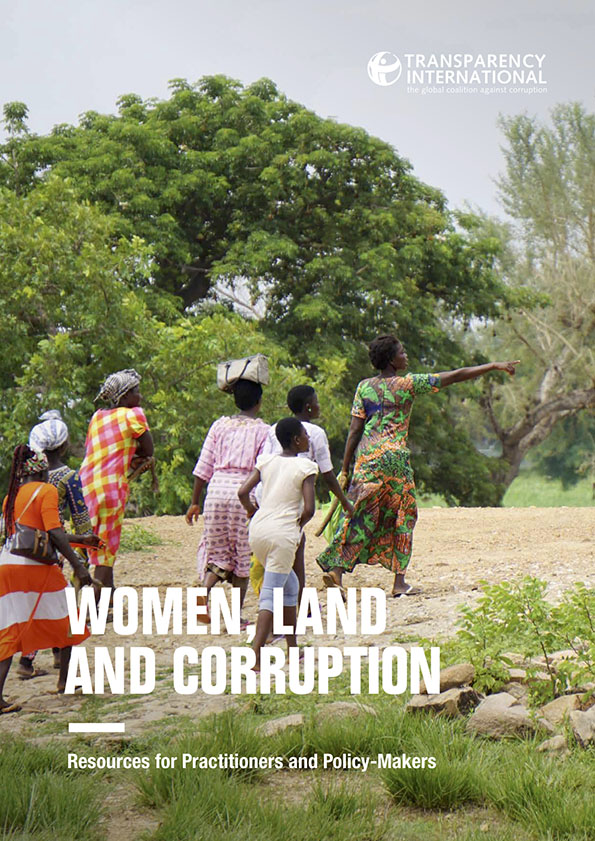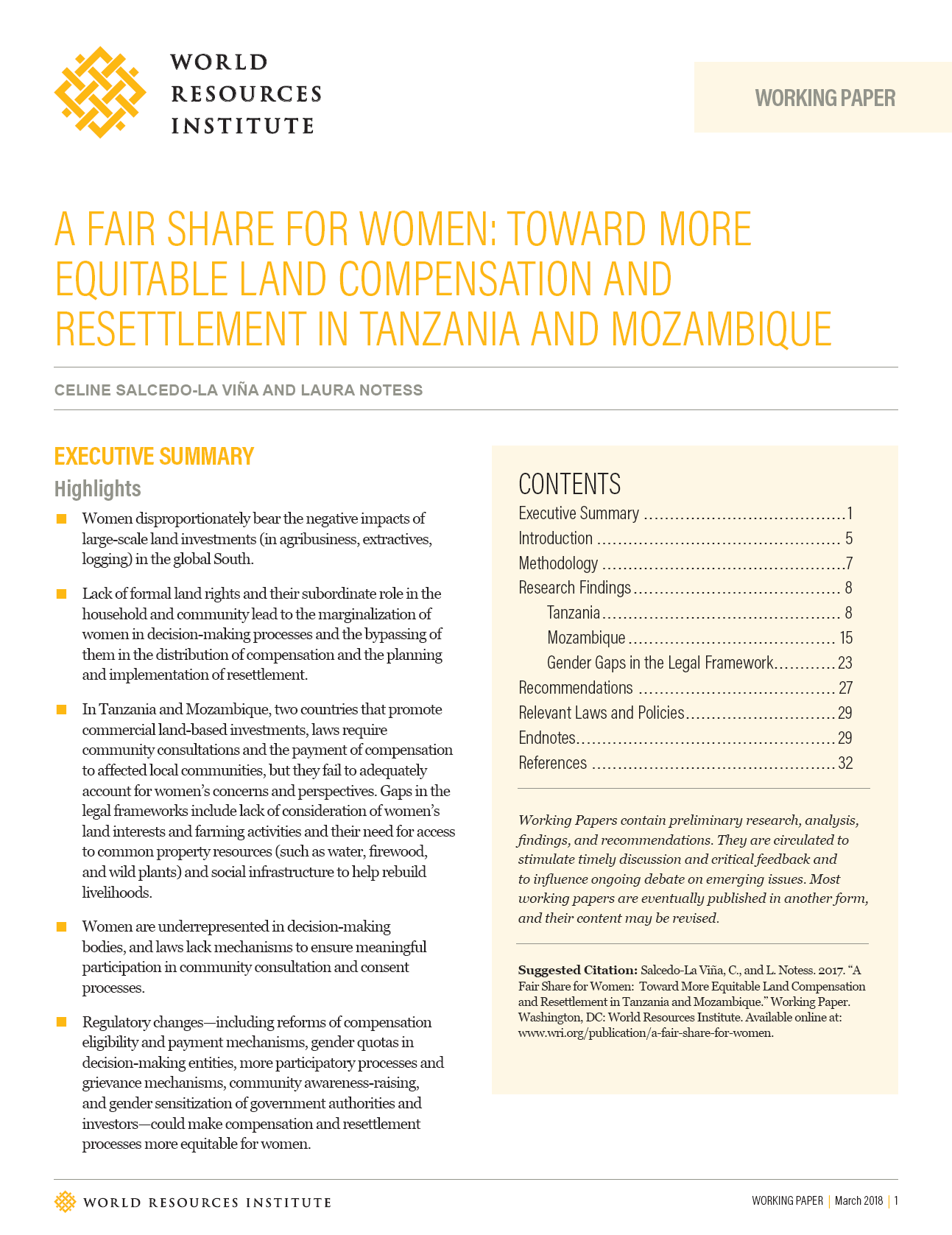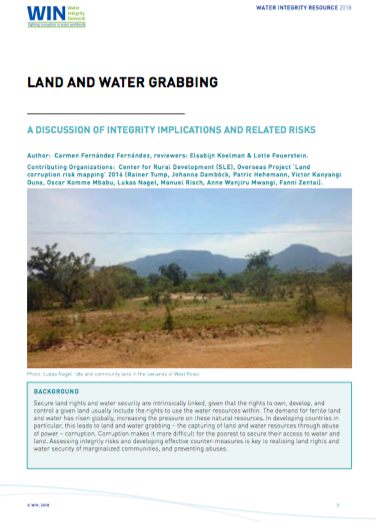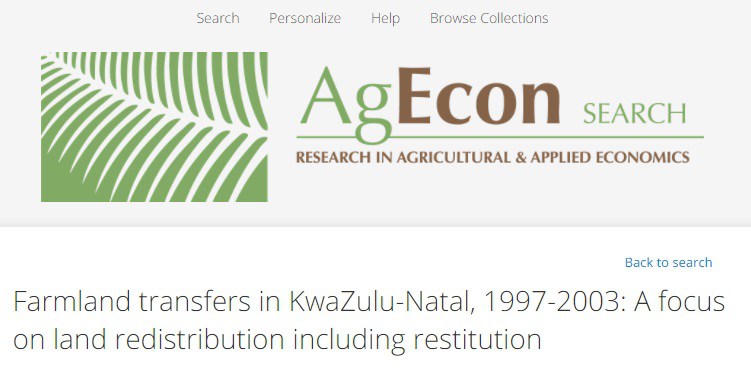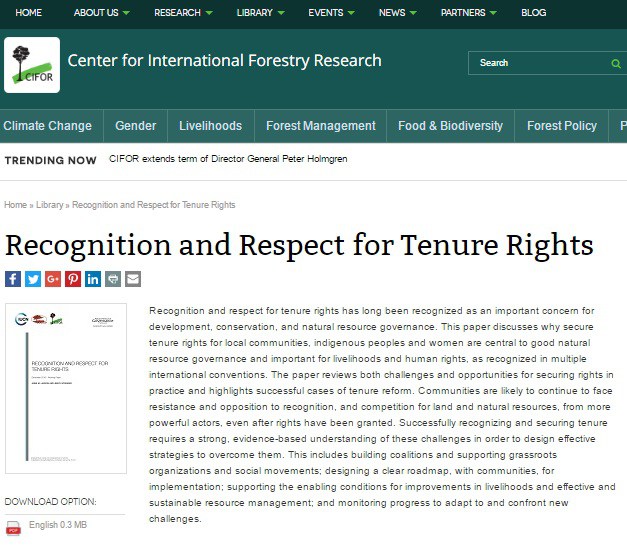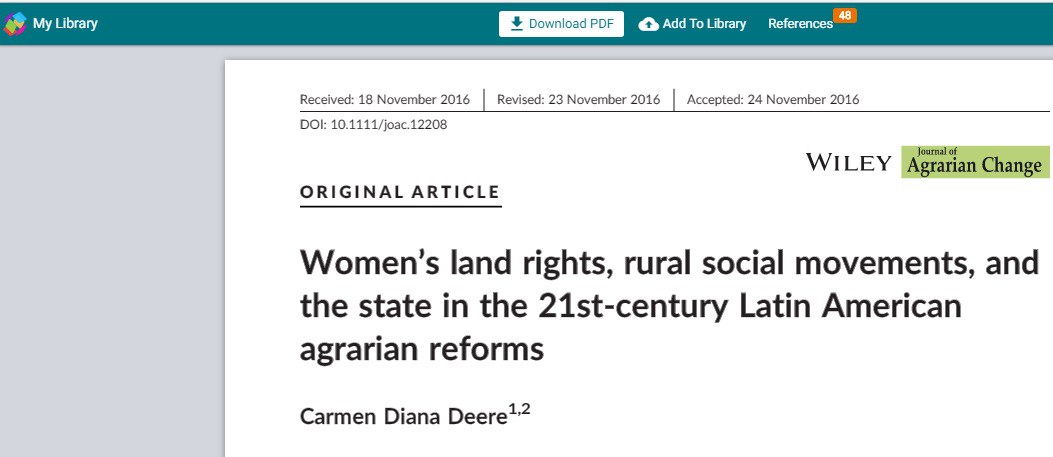Incidencia ante la comisión CEDAW para posicionar los derechos a la tierra de las mujeres rurales
Con el fin de visibilizar la situación de las mujeres rurales en la región del Chaco argentino en torno a sus derechos y acceso a la tierra ante la Convención Internacional sobre la Eliminación de todas las formas de Discriminación contra la Mujer (CEDAW) de Naciones Unidas, diversas organizaciones de la sociedad civil trabajaron articuladamente en la elaboración de un informe alternativo que fue presentado en la sesión 65ª de la CEDAW en el 2016.

